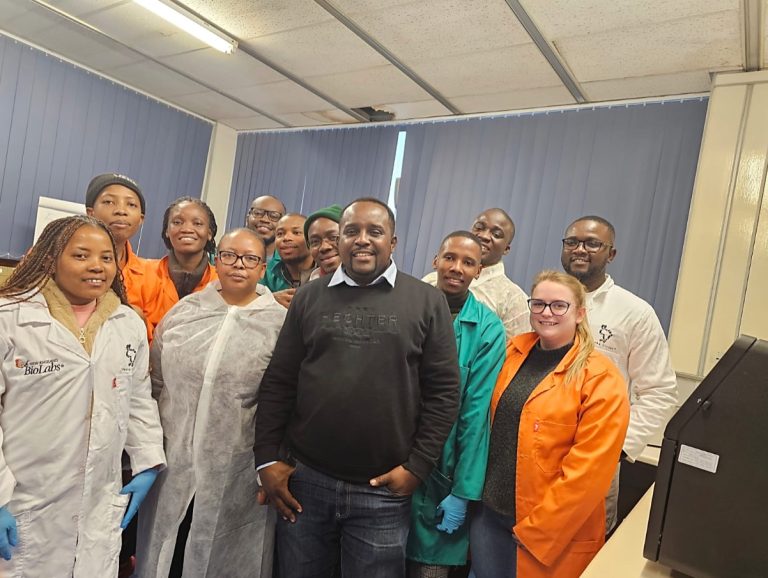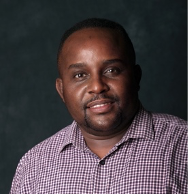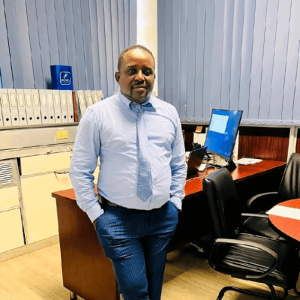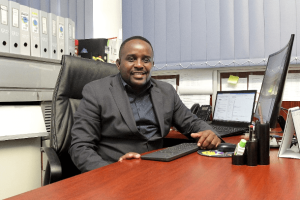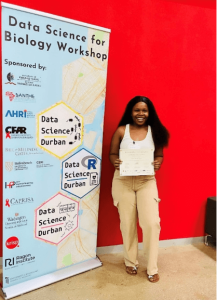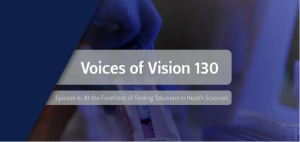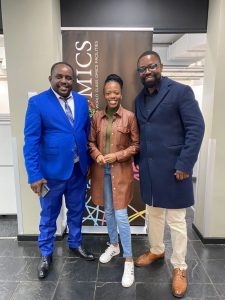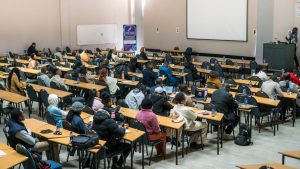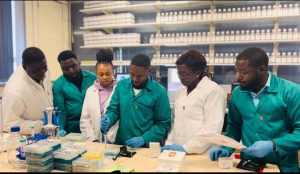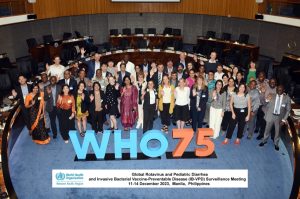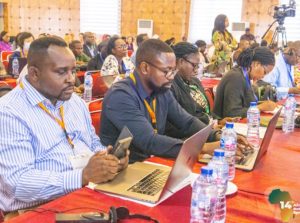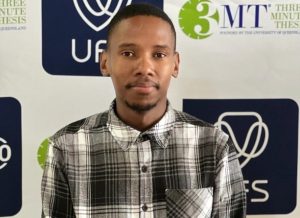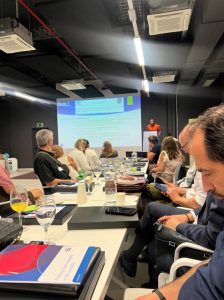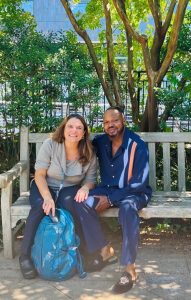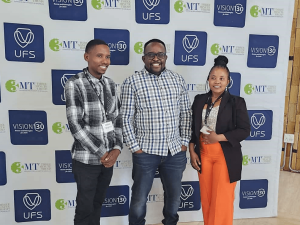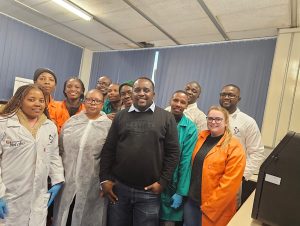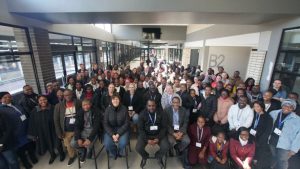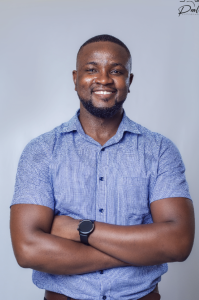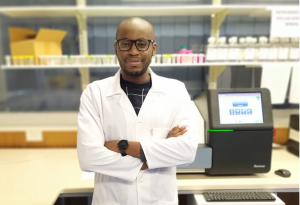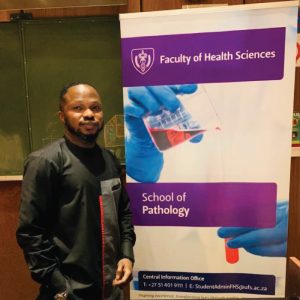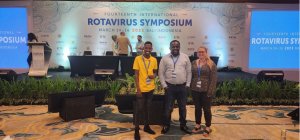The UFS Next Generation Sequencing Unit hosted an elevating 4-day wet-lab workshop focused on the cutting-edge Illumina® Viral Surveillance Panel (VSP). The VSP is a revolutionary tool, simplifying the process of screening 66 high-risk viruses, including those of great interest to our unit and esteemed collaborators. These viruses encompass a wide range, from rotavirus, norovirus, and enteric adenovirus to astrovirus, sapovirus, rhinovirus, SARS- CoV-2, respiratory syncytial virus, and many more. The VSP’s all-inclusive workflow integrates library preparation, target enrichment, sequencing, and data analysis, all with the primary goal of enriching entire viral genomes from total nucleic acid extraction.
This remarkable workshop, funded by DIPLOMICS, was proficiently channeled through SEPARATIONS’ distinguished Field Application Specialists, Ms. Marija Kvas and Mr. Charles Wairuri Kamau. While the workshop was centered around the VSP, our trainers took a comprehensive approach, starting from the basics of Next Generation Sequencing and leading all the way to the intricate VSP workflow. The workshop was thoughtfully designed to include interactive sessions, and engaging Kahoot! quizzes for a touch of friendly competition, and hands-on laboratory exercises dedicated to the VSP workflow.
Participants in this enriching workshop hailed from the UFS-NGS unit and collaborating partners spanning South Africa, Malawi, Zambia, and Ghana. Among the distinguished participants from UFS-NGS were our Host and Head of Unit, Prof. Martin Munene Nyaga, as well as Dr. Peter Nthiga Mwangi, Dr. Jijoho Mischael Agbla, Dr. Ayodeji Emmanuel Ogunbayo, Mr. Milton Tshidiso Mogotsi, Ms. Hlengiwe Sondlane, Ms. Robyn Lee Potgieter, and Ms. Nkosazana Debra Shange. Representing CPGR and SMU from South Africa were Ms. Kenalemang Ntlhokoa and Ms. Siboniswa Mngomezulu, respectively. Additionally, Mr. Innocent Chibwe, Mr. Kennedy Chibesa, and Mr. Samuel Mingle joined us as representatives from PHIM-Malawi, CIDRZ- Zambia, and NMIMR-Ghana, respectively. It’s worth noting that our training cohort ranged from novices to seasoned experts in NGS, making it an inclusive and enriching experience for all.
One enthusiastic participant, Mr. Chibesa from CIDRZ-Zambia, expressed his delight, stating that he had gained more knowledge about NGS during the workshop than he ever could have by self-study and other previous experiences. “I thoroughly enjoyed every aspect of the training,” he added. “From the interactive presentations to the hands-on benchwork and the fun Kahoot! quizzes, it made learning stick instead of mere memorization.” Many other trainees echoed this sentiment, highlighting the workshop’s effectiveness in knowledge transfer.
Prof. Nyaga encouraged all participants to keep reviewing the training material and to apply the knowledge gained not only in the workshop but also in their laboratories and careers. The training culminated in a successful run on the MiSeq, with eager anticipation for data analysis using the DRAGEN Microbial Enrichment app. The future holds promising advancements as the acquired skills find practical applications, benefitting both individuals and the broader scientific community.


